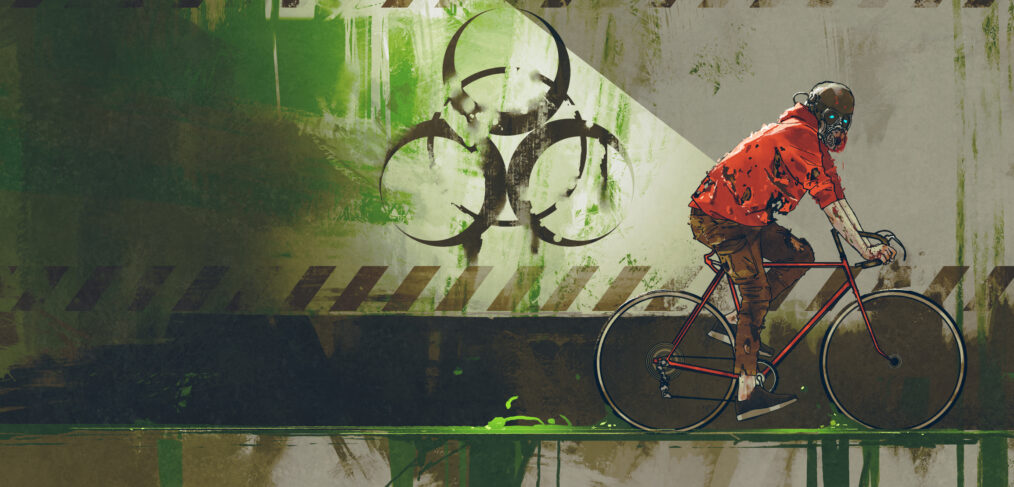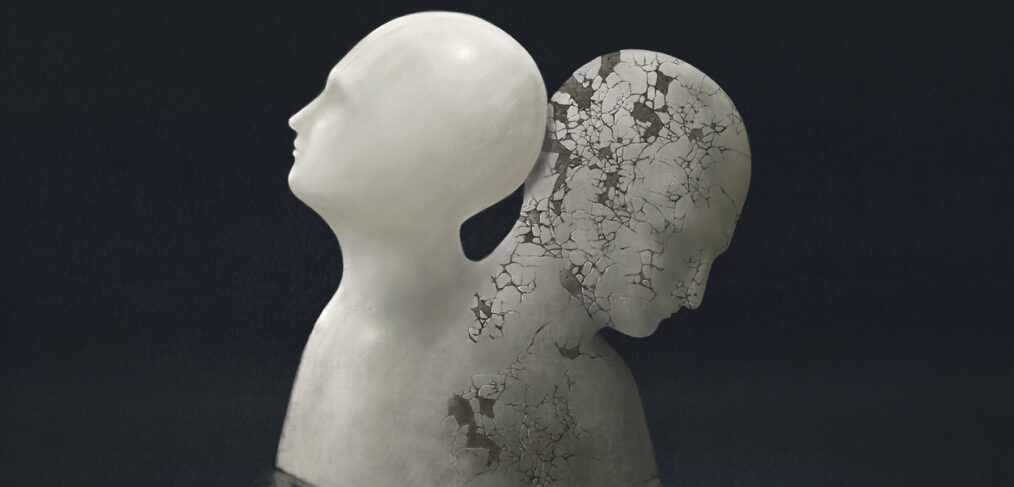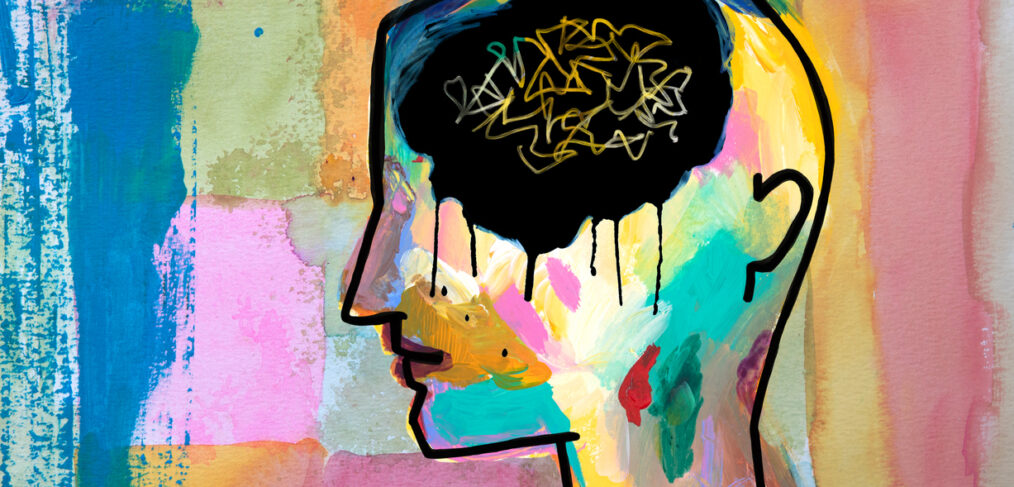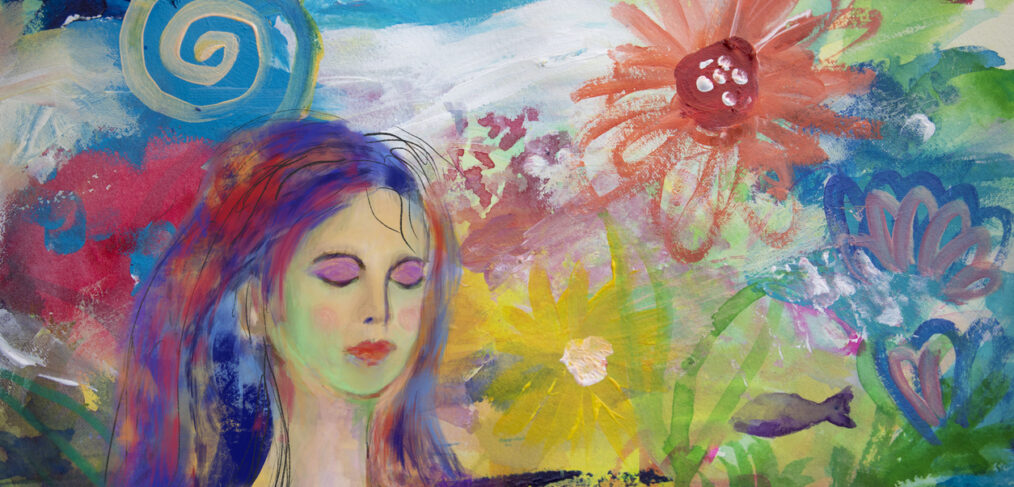Poisons are the people, things, or situations you know are bad for you, yet they remain in your life. You likely have some poison in your life—everyone has. You may be one of the lucky ones who can recognize those situations right away and take decisive action. Or, like me, you rationalized, denied, or had an uncontrollable urge to keep them in your life. Most of these toxic elements in your life have their upside. They made you feel good in some way—at least in the short term, and that good must be intensely good because it is compelling you to live with the extreme negative aspects or consequences. The good part also may be a “potential good” or just imagined—a carrot just out of reach that never comes closer. The fundamental question is, why do you keep these poisons in your life? Why do you subject yourself to their ravages?
Do you consider yourself rebellious? There is an intensity to the word rebellion that suggests a significant and robust opposition. To me, it also indicates a solitary position—of being alone in opposition to something. From the perspective of personal identity and growth, any mindset or behavior that goes against expectations can be an act of rebellion. These may be as important as moving away from expectations that have been ingrained since childhood or as simple as a fashion statement. However, none are insignificant. When you act in a way that is true to your essential self and away from societal or personal expectations, you act rebelliously in the most healthy way. It will help you grow, find confidence, and give your life more meaning.
It all starts with something small.
Don’t use so much water when you do the dishes!
Now, I know how to do the dishes. I’ve been doing the dishes since I was seven (it was one of my childhood chores), but for the sake of argument, let’s say I’ve been doing them every other day since I was 21. That’s 6,387 times I’ve done the dishes (a conservative estimate, as I sometimes do them several times a day, or every day for stretches). I’ve never had a dishwasher. I know how I like to do them. Maybe I do run more water than some, but I also do them faster, as I’m not waiting for a trickle of water to clear off the soap. And if that’s my luxury in life, it’s really not too much to ask. There is no regional water shortage—in fact, it’s been raining like crazy. We’re paying extra for the water—estimated at an extra $6 per month—but it’s money I’m perfectly willing to spend to do the dishes my way.
If you’re of the crazy opinion that this is something fairly small to be testy about and I’m being defensive, then you’re right (it’s one of the very few things my wife and I “argue” about). But it does make me irritable. How does something so small turn into something that impacts my emotional state? Why can’t I just say “that’s the way I like to do the dishes” and be done with it? The answer is precisely because it’s so small—I don’t feel the need to have a big discussion over it, so I let it get to me. These small, inconsequential emotions become bigger emotions that impact my overall emotional state.
How attached are you to your opinions, ideas, and values? In some ways, they’re a part of who you are. They came to you through your experiences, influences, and effort. It’s easy to be defensive if any of these are questioned or challenged. You also may be very attached to a way of doing things, especially in a professional context. If you’ve thought through all the possibilities and consequences and worked hard to develop an approach, it may be challenging to hear opposing opinions or questions about whether yours is the right way to proceed. But the fact is, no matter how much work you’ve done, you likely have not considered all the alternatives or consequences. Others can bring their experiences and perspectives and ultimately make ideas stronger. Defensiveness, in any context, is usually indicative of a closed mind—an unwillingness to consider options.
When I hear people talk about their values, I notice that they use a wide variety of words. Honesty, hard work, loyalty, and open-mindedness are all values that people I know strive for. But one value seems to always rise to the top: integrity. It’s a value that is unassailable yet losing ground in modern society. Ironically, some still uphold integrity as a core value while acting against it in all their words and deeds. A lack of integrity is not only accepted but also sought after and celebrated—from behind a veil of denial. I thought it would be interesting to dive in and deconstruct the word, the value, and the way it’s expressed. Before researching the word, I thought about what it means to me. In my mind, it suggests a quality of “honesty plus”—honesty at one’s core.





